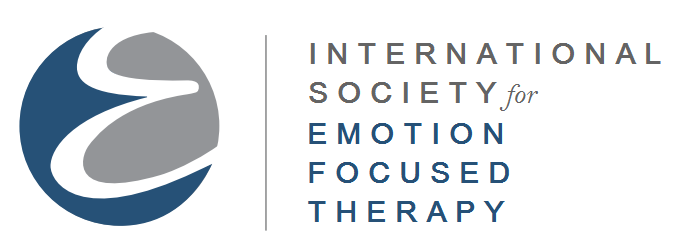Changing Emotions with Emotions
International Society for Emotion-Focused TherapyMinimum Training Standards for Individual Therapy Training Programs
(febr, 2025 Version)
The isEFT Board has created minimum standards for training programs in order for the program to be recognised as an isEFT certified training that meets criteria for training in EFT for Individuals.
Below are the minimal
requirements and may be expanded by institutes depending on their training program of the 5 levels of recognitoin and also the possibility of certification:
Powered by Wild Apricot Membership Software
